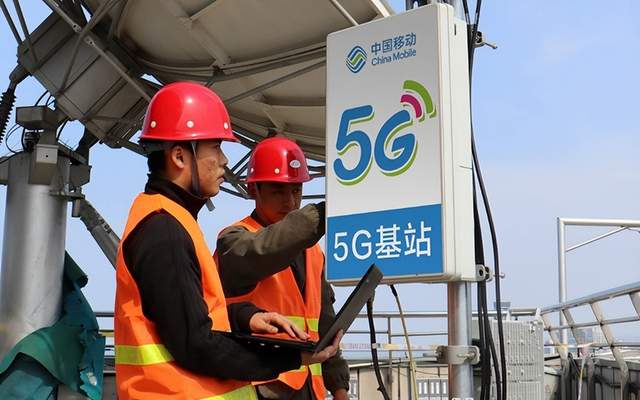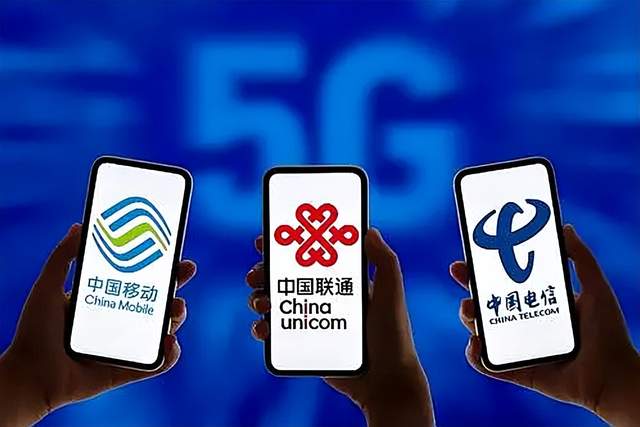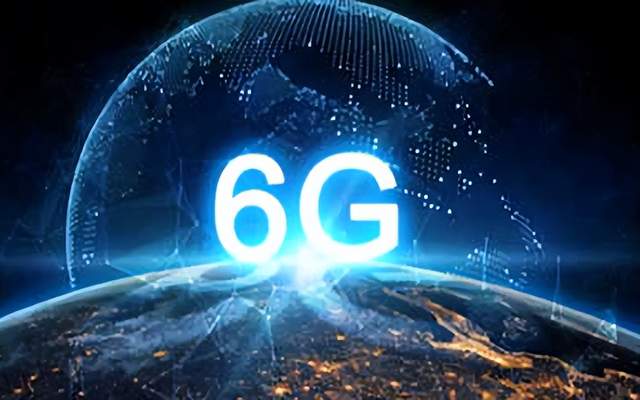What's wrong with 5G? Operators and academicians are revealing the truth, reminding caution for 6G
![]() 11/19 2024
11/19 2024
![]() 654
654
5G was once hyped up, but this year, China Mobile, China's largest operator, has abandoned the term "5G package subscribers" and revealed the true data on 5G users. Recently, renowned academician Wu Hequan also pointed out that the development of 5G has been unsatisfactory, deviating from its fundamental "people-oriented" principle.

As China's largest operator, China Mobile was actively developing 5G and vigorously building 5G networks. However, after several years, the development of 5G has been less than satisfactory. On the contrary, 5G has exposed considerable issues in commercial applications, with excessively high investment and operational costs. It is rumored in the industry that the three major operators are shutting down 5G base stations during off-peak hours to reduce electricity costs.
In the middle of this year, China Mobile changed its terminology from "5G package subscribers" to "5G network users" and disclosed the true number of users accessing the 5G network. Its disclosed data for September showed that the number of mobile users reached 1.002 billion, of which 539 million were 5G network users, accounting for only half of the total.
Previously, 5G network users needed to upgrade to a 5G package and use a 5G phone to access the 5G network. Nowadays, operators have made changes. As long as a 5G phone is used, the 5G network can be accessed. Even phone companies and operators hide the 5G switch to encourage consumers to use the 5G network once they purchase a 5G phone.
However, reality obviously differs from their expectations. Many consumers search online for how to turn off the 5G function after purchasing a 5G phone, preferring to manually disable the 5G function rather than use the 5G network.

Recently, renowned academician Wu Hequan also commented on 5G, stating that the user experience of 5G has not met expectations and that the commercial application of 5G has not effectively increased operators' ARPU. He also pointed out that the commercial application of 5G overly emphasizes technical advantages such as speed and low latency but ignores consumer demands for network stability and signal coverage.
This has resulted in a poor 5G experience for consumers. After operators encourage consumers to upgrade to 5G packages, consumers continue to complain about 5G and even express a desire to return to 4G. However, operators have not provided a corresponding path for this.
Operators also have their own difficulties to express. They have vigorously built 5G networks, with the number of 5G base stations in China approaching 4 million and accounting for about 60% of global 5G base stations. However, the coverage of China's two 5G networks is inferior to that of 4G. Such a 5G network has made operators unable to bear the surge in electricity costs, leading them to slow down the construction of 5G networks and resort to shutting down 5G base stations during off-peak hours.
China Mobile's performance also showed a 0.1% decline in revenue in the third quarter, possibly due to consumers' reluctance to continue using high-priced 5G packages. Many users have abandoned 5G packages and returned to the 8-yuan package for number preservation, then purchased low-priced packages with large data volumes on e-commerce platforms.

Operators' performance shows that their main source of income is providing services to people, with mobile phone users contributing nearly 50% of revenue and home broadband users contributing about 20%. Together, these two categories account for more than 70% of total revenue.
The industry once painted a bright future for operators, believing that 5G would primarily target the enterprise market. However, after five years of 5G commercialization, the development of the enterprise market has been unsatisfactory, and operators' main source of income remains providing services to people.
In fact, operators have developed the Internet of Things (IoT) business for the enterprise market. China Mobile has nearly 1 billion IoT users, similar to its mobile phone user base. However, the ARPU of IoT users is only around 1 yuan, generating negligible revenue and unable to compare with the personal user market, making operators less enthusiastic about the enterprise market.

Faced with the awkward situation of 5G, academician Wu Hequan pointed out that lessons should be learned from 5G when developing 6G, avoiding overemphasizing technical indicators. For operators, cost is crucial, and attention should also be paid to consumer demands for network stability and signal coverage. It can be said that the reality faced by operators and the statements of academicians have torn off the veil of 5G.





